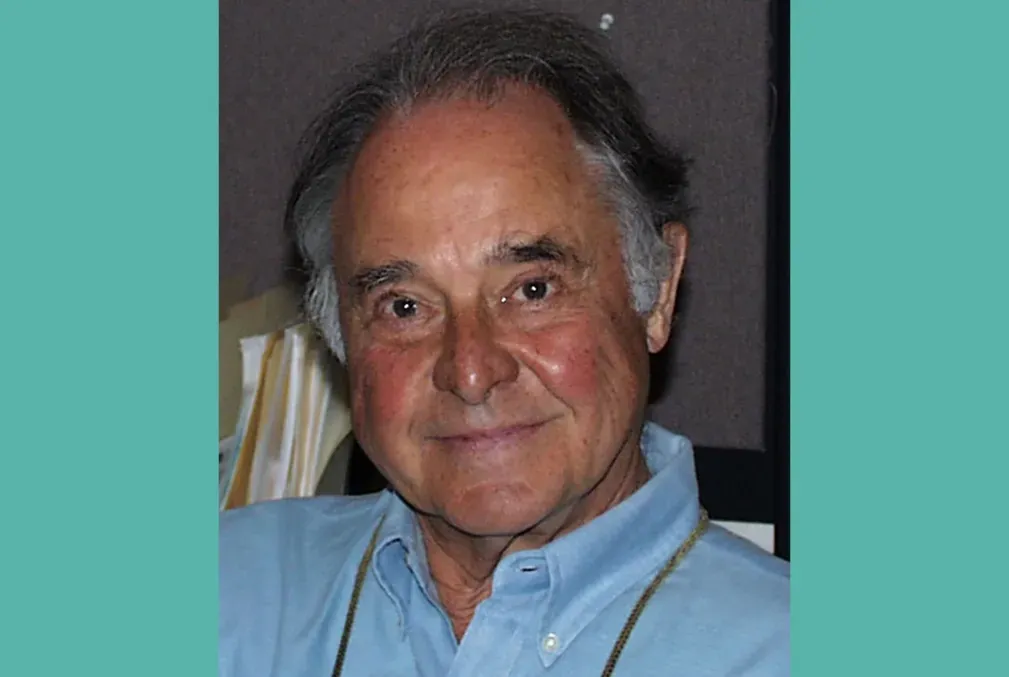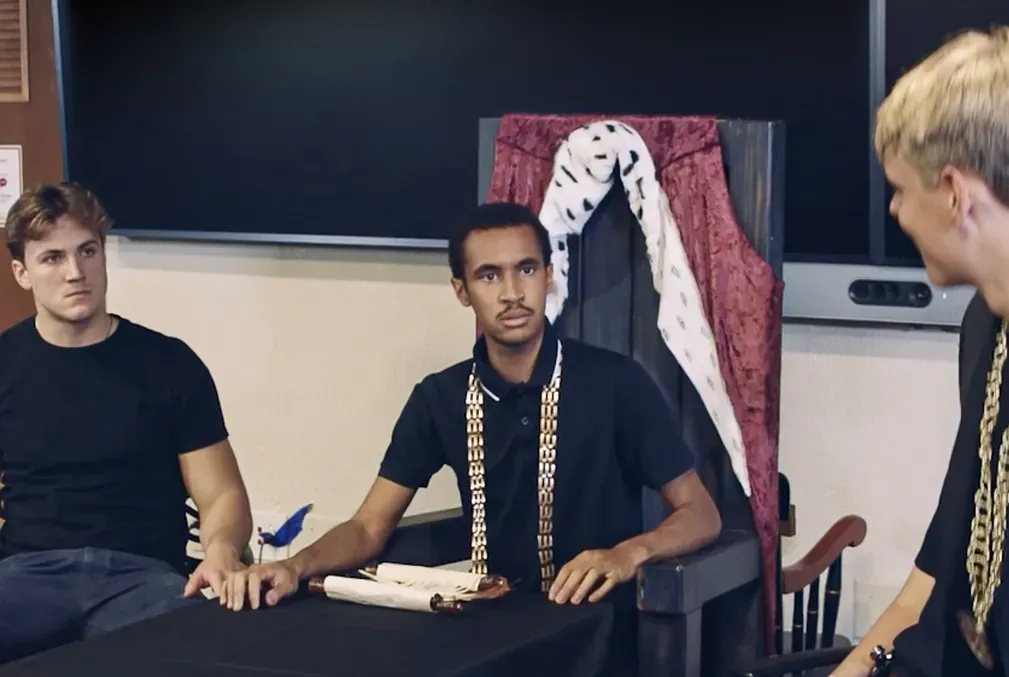
New Professorships Focused on Feminist, Gender, and Sexuality Studies
Two new professorships elevate Stanford’s leadership role in promoting research on the root causes and societal implications of gender bias and in partnering with private and public organizations to design and implement practical solutions.
Michelle Mercer and Bruce Golden attended different colleges in the late 1970s, but each took courses in feminist studies that changed their lives. “The experience opened my eyes to women’s oppression and introduced me to a politically active feminist community at Stanford,” says Mercer, AB ’81, JD ’86.
Golden, MBA ’85, says the impact of the feminist scholars he studied with as a political science student at Columbia University was more profound than any other academic experience he had as an undergrad.
Both carried their newfound awareness with them into the world. While building their own successful careers—Mercer in the nonprofit sector, government, and law, and Golden as an entrepreneur and as a venture capitalist with Accel Partners—they have been champions of social justice causes dedicated to women.
Now they are bringing their passion for this cause back to academia: “Gender justice is one of the defining issues of our time, and our time is now,” says Mercer.
The Mercer-Goldens recently endowed two professorships at Stanford: one in women's leadership and one in feminist and gender studies. Their $6 million gift will support faculty in the School of Humanities and Sciences conducting interdisciplinary gender research in the social sciences or humanities.
Mercer and Golden consider advancing research and future scholarship—as well as inspiring the next generation of students to pursue research in gender studies—as key to closing the gender divide in the workplace and beyond. They also want to help develop and empower the next generation of feminist leaders and activists.
“Women's equality deserves to be a societal goal on par with access to quality education, health care, or clean air,” Golden says. “Investing in scholarship and evidence-based research will give people the tools they need to deconstruct traditional power structures that marginalize women—of all races and sexual identities—and to create more diverse and equitable organizations.”
The professorships represent another major step in Stanford's efforts to advance women's equality. In addition to the Feminist, Gender, and Sexual Studies (FGSS) interdisciplinary program, the Clayman Institute for Gender Research and the newly launched VMware Women's Leadership Innovation Lab are advancing research into inequality and are working with global businesses to translate those insights into workplace programs that address gender inequality.
“Stanford and the School of Humanities and Sciences are deeply committed to advancing research in gender equity and women’s leadership. I am grateful to Michelle Mercer and Bruce Golden for helping empower future women leaders at Stanford,” says Debra Satz, Vernon R. and Lysbeth Warren Anderson Dean of the School of Humanities and Sciences and Marta Sutton Weeks Professor of Ethics in Society.
Bringing the ‘cycle of improvement’ to the classroom
The story behind the professorships begins in 2015, when Mercer reached out to Stanford historian Estelle Freedman, who was her feminist studies professor and is a founding director of FGSS.
At the time, the Mercer-Goldens were looking for ways to support Stanford initiatives to advance women in society. “Only 7 percent of philanthropy dollars go to women and girls, which is woefully inadequate,” says Mercer, whose work in social justice includes current and former board positions with the Immigrant Legal Resource Center and Seeds of Peace. “We want to focus more of our giving on areas that are underfunded, either because other people can't or won't.”
Through Freedman, the Mercer-Goldens were introduced to Stanford sociology professor Shelley Correll, who also directs the Clayman Institute and the VMware Women's Leadership Innovation Lab. Working with Correll, they helped sponsor a joint Clayman Institute / Graduate School of Business conference on workplace bias two years ago.
An endowed chair, the Mercer-Goldens eventually concluded, represented a significant contribution they could make to advancing women and gender equality through higher education. At first, they planned for one professorship, the Michelle Mercer and Bruce Golden Family Professorship in Feminist and Gender Studies, in honor of Estelle Freedman. Soon they added a second, the Michelle Mercer and Bruce Golden Family Professorship in Women's Leadership, with the desire that it be awarded to Shelley Correll in recognition of her important work.
“This is partly a tribute to Shelley,” says Mercer, who sits on The Clayman Institute's advisory council. “She's a brilliant scholar and leader, and we have seen her work directly translate into reducing bias in the workplace.”
Correll says she is honored to be the recipient of this chair. “Michelle and Bruce’s commitment to gender equality, feminism, and women's leadership is truly inspiring,” she adds.
Among Correll’s priorities are accelerating research and training scholars, which are both essential elements of the “cycle of continuous improvement” critical to women's equality. Correll plans to teach a new course, Designing Inclusive Organizations, aimed at introducing future researchers and business leaders to the latest insights and practical strategies developed at the VMware Lab.
Honoring a feminist pioneer
A search is underway for the recipient of the second chair, the Michelle Mercer and Bruce Golden Family Professorship in Feminist and Gender Studies. One goal is to attract a faculty member who will take a leadership role in collaborating with faculty across the university—whether in law, education, medicine, or business—to develop new courses and programming that touch on gender and feminist issues.
The Mercer-Goldens say their hope is that the professor will take up the mantle of Freedman and others who were trailblazers in the field. “Estelle inspired me and so many other students who owe her a debt of gratitude for being a leader in this field,” says Mercer.
To Freedman, the endowment is a capstone to her lifelong work in feminist studies. “I am so grateful for Michelle and Bruce’s belief in FGSS and their belief in Stanford as a national and international leader in gender scholarship,” says Freedman, the Edgar E. Robinson Professor in United States History at Stanford.
Mercer and Golden say they are committed to making a meaningful and lasting impact. “Our hope,” says Golden, “is that this snowballs into a bigger initiative, both at Stanford and beyond, to nurture and empower future leaders focused on feminism and gender justice.”



